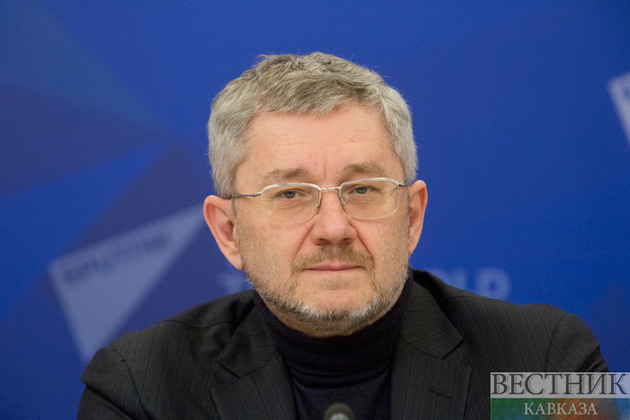Yesterday, trading on the world cryptocurrency market was accompanied by a record collapse in prices. The Bitcoin exchange rate has fallen by more than 25%. The head of the department of stock markets and financial engineering of the Faculty of Finance and the Banking Business of RANEPA, former deputy chairman of the Central Bank of Russia Konstantin Korischenko told how the panic caused by the coronavirus, the decline in oil prices and the ruble exchange rate will affect the Russian economy.
According to him, the development of these processes this year will lead to low economic growth due to a decrease in economic activity. "I would be less afraid of inflationary processes or that imported products will rise in price sharply. There will be some kind of reaction, but judging by the fact that we and the regulators have already adapted, this reaction will be weak," the economist believes.
However, he focused on one emerging trend, making a reservation that it is partly futuristic: "Activity associated with the interaction between people is limited: movement, business, tourism, public events. Even the next IMF meeting will be held remotely. This is kind of training, rehearsal, preparation for some future events that may occur. In this case, a model of state behavior and a business that will be forced to act in such a way to do without human communication, human movement. Such a model will be based on the use of robots, remote communication methods and, as a result, energy carriers will be used less."
Korishchenko is convinced that the biggest risk is that if this model, which signs are visible in the current crisis, develops further, then it can lead to a long-term decline in demand for the resource that is used in transport - automobile, aviation, rail and etc. According to the expert, this is the greatest risk.
As a result of further robotization a closure of banks and companies offices, many jobs will be lost. "If the situation last too long, this is a rather serious problem for Russia, as energy accounts for the 40-45% of its budget revenues. As a result, the question will arise: how to implement our plans to achieve high growth rates," the expert said.








